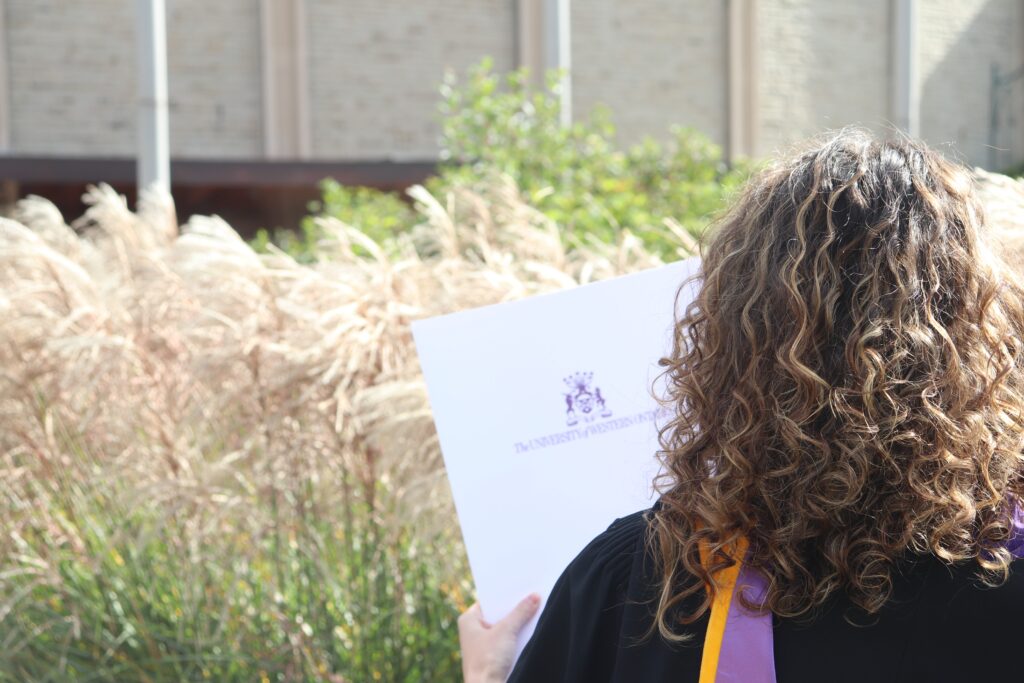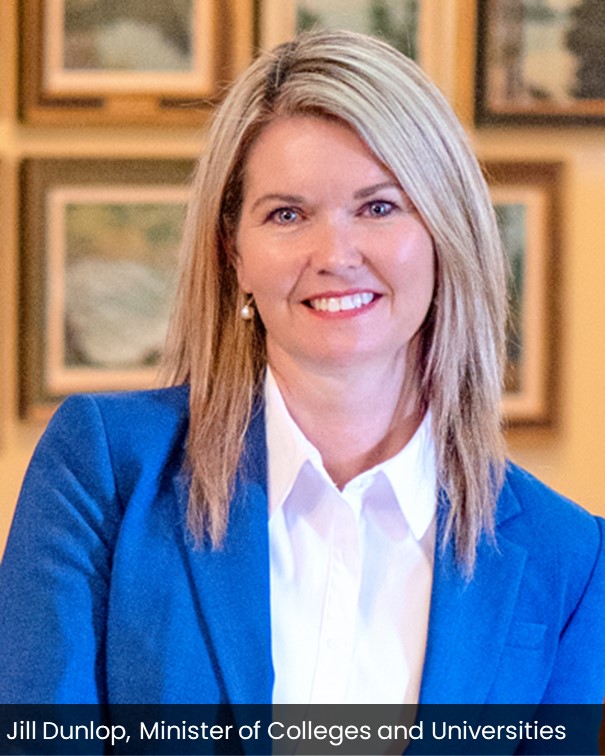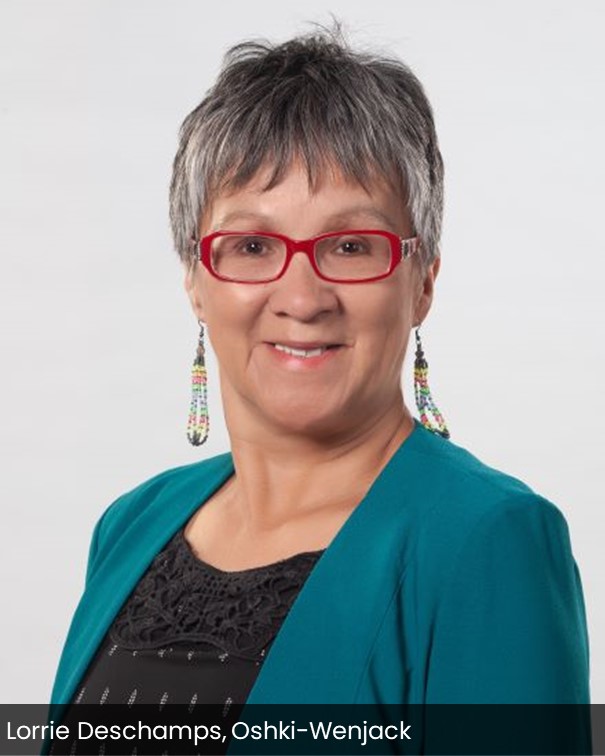Developing next-generation digital sharing technologies for micro-credentials
The Association of Registrars of the Universities and Colleges of Canada (ARUCC) is delighted to announce that ten post-secondary institutions have been selected as participants in the MyCreds™ Ontario Virtual Skills Passport pilot project for micro-credentials. The ground-breaking initiative will advance the development of micro-credentials across Ontario, in the delivery of verifiable digital micro-credentials via MyCreds™ and the creation of open standards for digital micro-credentials.












